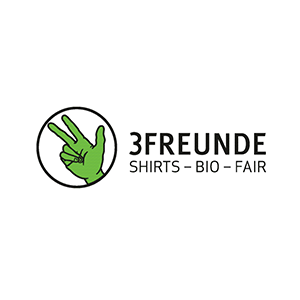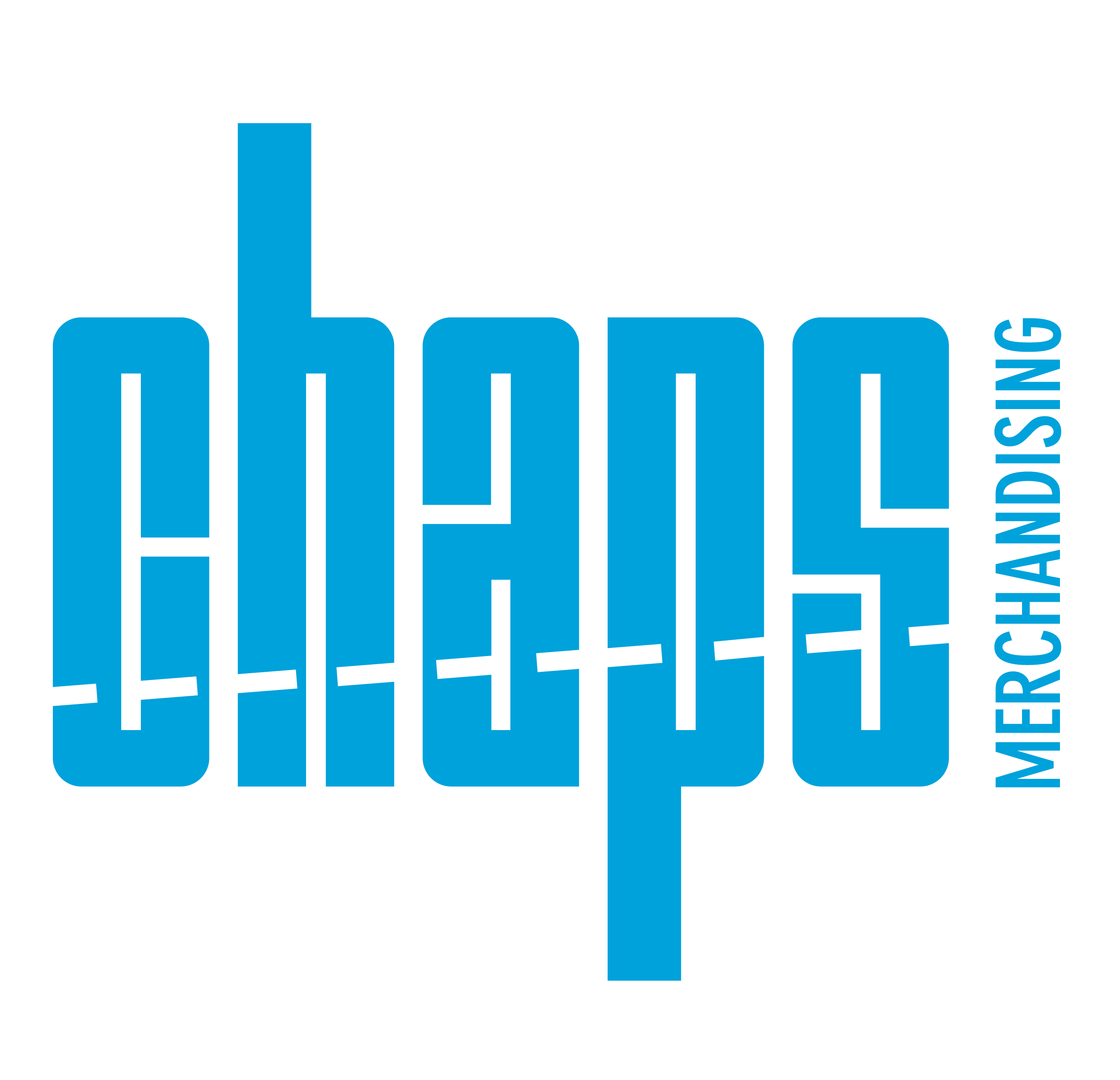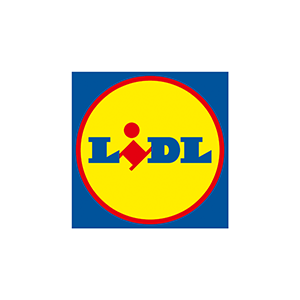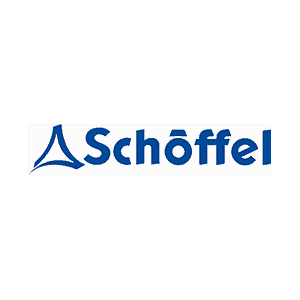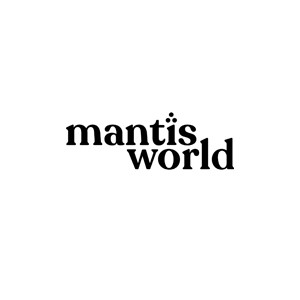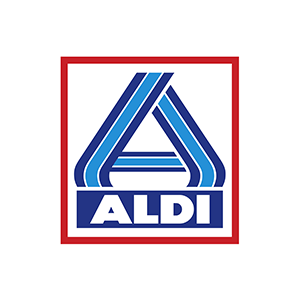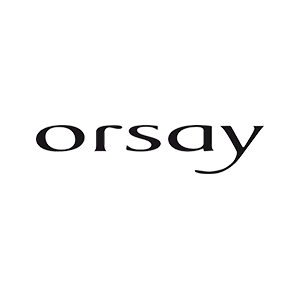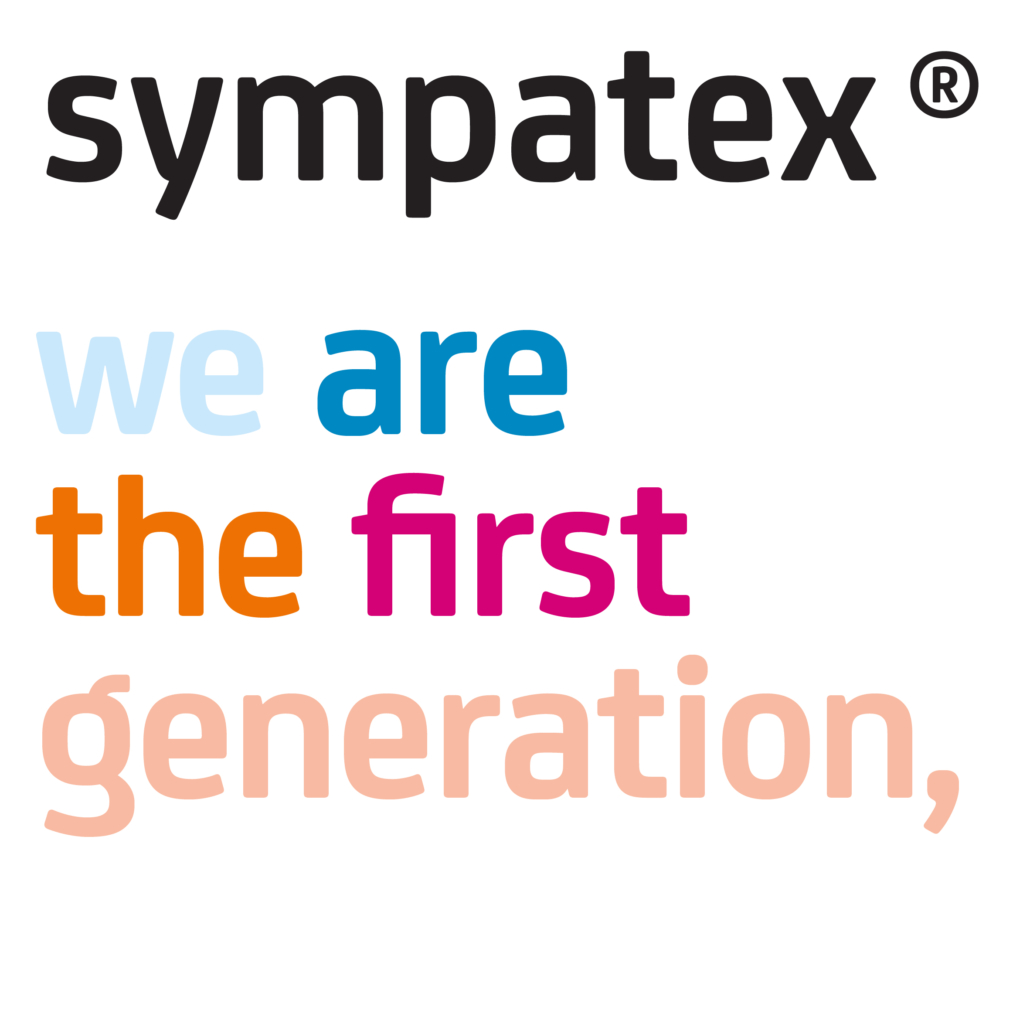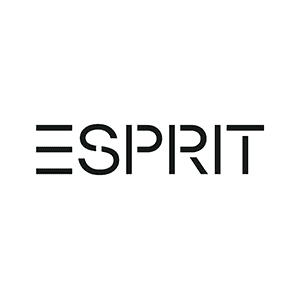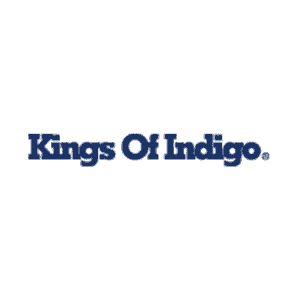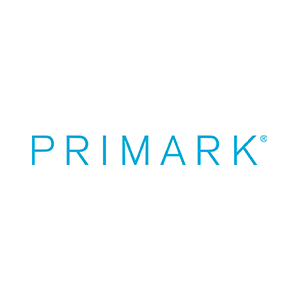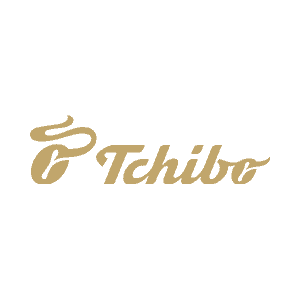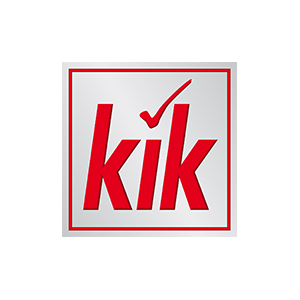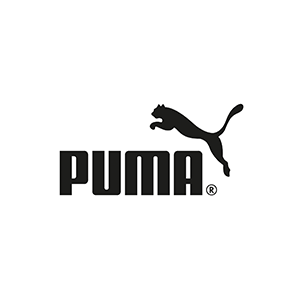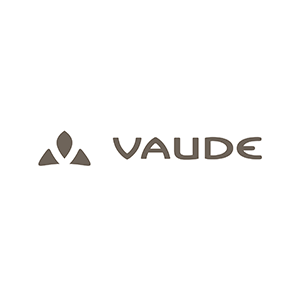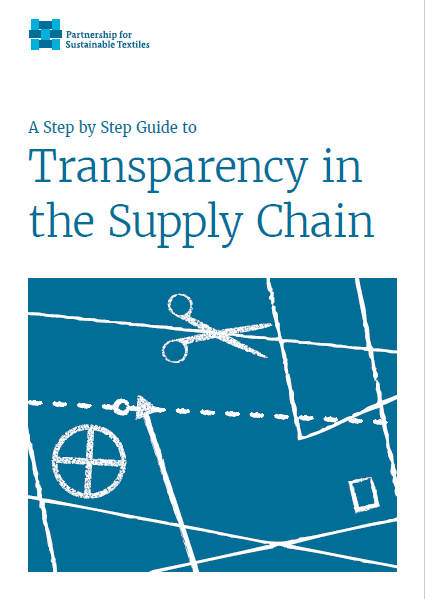Know your own supply chain and make it sustainable
![]() Transparency is therefore a fundamental prerequisite for the implementation of corporate due diligence and the Review Process of the Partnership for Sustainable Textiles. Companies can only effectively respond to social, ecological and corruption risks in their supply chain if they know where, how and by whom their products are manufactured.
Transparency is therefore a fundamental prerequisite for the implementation of corporate due diligence and the Review Process of the Partnership for Sustainable Textiles. Companies can only effectively respond to social, ecological and corruption risks in their supply chain if they know where, how and by whom their products are manufactured.
Stakeholders such as consumers, investors and legislators also expect more information on the origin and manufacturing conditions of textiles. More and more governments are enacting laws that urge companies to track their own supply chain and counteract risks in the supply chain. At the same time, it has been shown that more transparency in one's own supply chain also opens up many new opportunities: These range from strengthening the brand image and increased customers’ trust to cost savings in sustainability management using synergies by cooperating with other companies.
The Partnership for Sustainable Textiles supports its members in creating more transparency in their supply chain through various information and learning offers, such as guidelines, webinars and workshops. Within a group of experts, members exchange ideas on challenges and possible solutions and work together to develop new support offers and strategies to bring forth the topic within the Partnership. Through the cooperation with the Open Supply Hub the PST is fostering industry-wide transpareny.
In 2020, the Partnership for Sustainable Textiles published a guide that support companies to gradually establish more transparency in their supply chain. The guide offers necessary information to be able to map the supply chain and the associated actors beyond direct business partners. It provides orientation on how to create more external transparency and what options there are to disclose supply chain data.
The Partnership for Sustainable Textiles and the Open Supply Hub (OS Hub) started a strategic cooperation in 2020. The PST supports the standardized and reliable database of production facilities by the OS Hub, to which all actors in the textile and clothing industry have access to. The cooperation between the two organizations aims to increase transparency in the industry and to strengthen collaboration between the respective stakeholders.
Cooperation focus:
Awareness raising: OS Hub and the Textiles Partnership are working together to increase knowledge about the OS Hub and the use of freely available data for the exchange of information.
Capacity Building: The two organisations want to convey to all stakeholders in the textile sector - especially trade unions and civil society organizations - how they can add OS Hub information and use it for their own work.
Open Supply Hub
The Open Supply Hub is an open source tool which maps textile production facilities worldwide and assigns them a unique identification number. Therefore, it is a contact point for the identification of production facilities and their affiliations by combining supplier lists of different actors from the textile, shoe and clothing industry in a central, independent and publicly accessible database. The OS Hub thereby aims to improve the identification of production facilities and thus promote closer cooperation between different stakeholders.
In line with the aim of the strategic cooperation with the OS Hub, the PST has published an aggregated list with a total of around 8,753 production sites from 62 member companies on the platform Open Supply Hub . In this way, the Partnership for Sustainable Textiles contributes to the database of publicly accessible, reliable supply chain information and thus promotes transparency in the industry.
